This year’s ITF Summit will focus on Transport Enabling Sustainable Economies. Exhibitors will reflect and share perspectives on the role of transport as an enabler of economic growth that also drives environmental and social sustainability.
You can contact us at exhibitors@itf-oecd.org for more information.

Fill in the form, or, if you prefer, Send Us An Email

Global Sustainable Transport Innovation and Knowledge Center (GSTIKC), a department-level affiliation of the Ministry of Transport of the People’s Republic of China, serves as an important platform to put into practice the vision of staying connected with the world and abreast with the times, while being committed to advancing the progress of Global Development Initiative and UN 2030 Agenda for Sustainable Development. Aiming to grow into a think tank, a platform for high-level cooperation and showcase, and a model of people-to-people exchange, GSTIKC will work with its partners to move forward sustainable transport to realize global sustainable development in joint efforts.
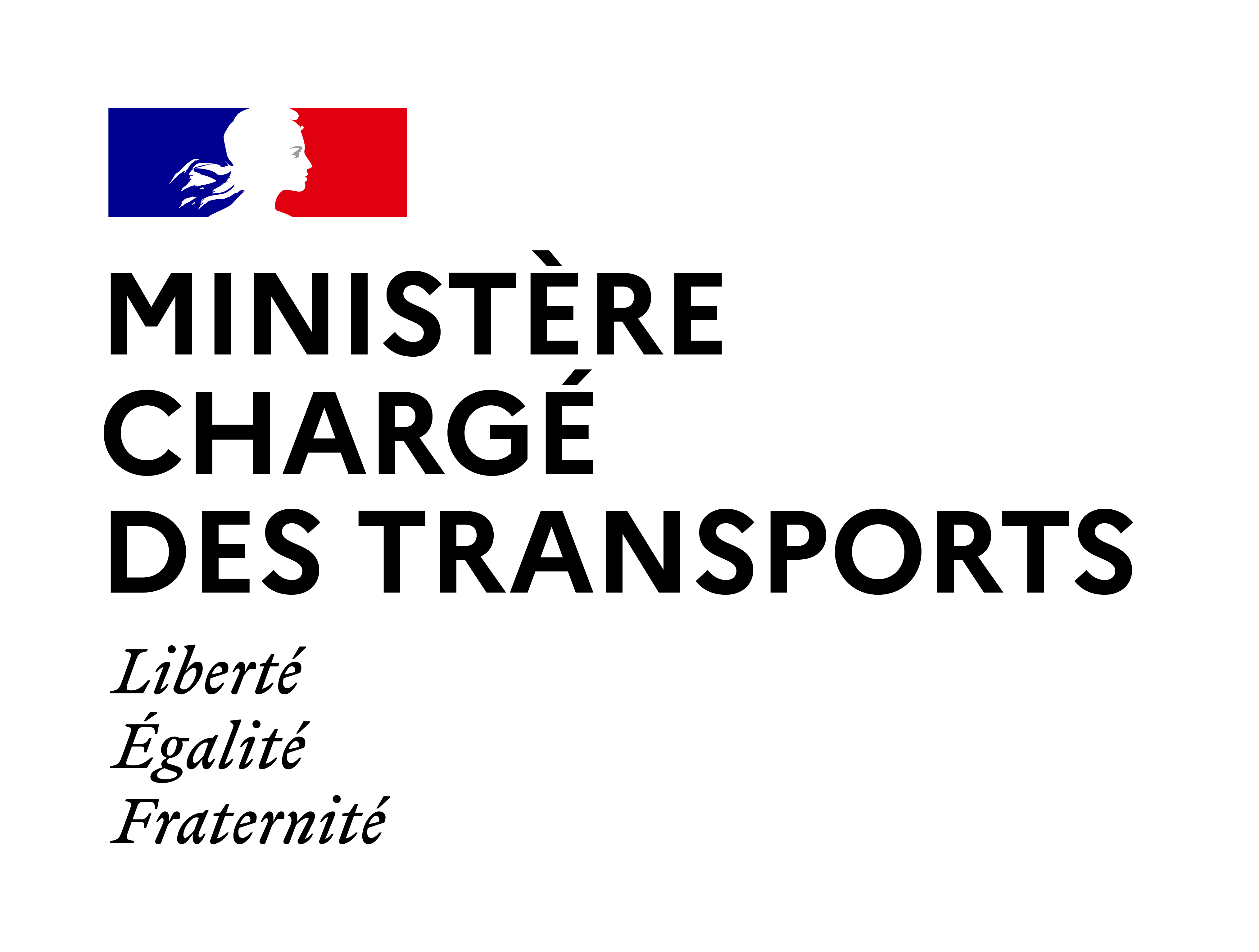
The French Ministry in charge of transport is fully engaged in the ecological transition, promoting low carbon, climate resilient, smart and innovative transport modes, uses and management policies.
It supports transport infrastructure intermodal planning, taking into consideration all direct and indirect effects on the environment, the economy, and the territories.
It encourages maritime transport that favours economic development and respects air quality and biodiversity.
It implements suitable and modernised state supervision of the public institutions and companies within its scope of competence and works along with local authorities.
The Ministry ensures a high level of reliability, security and safety in transport.
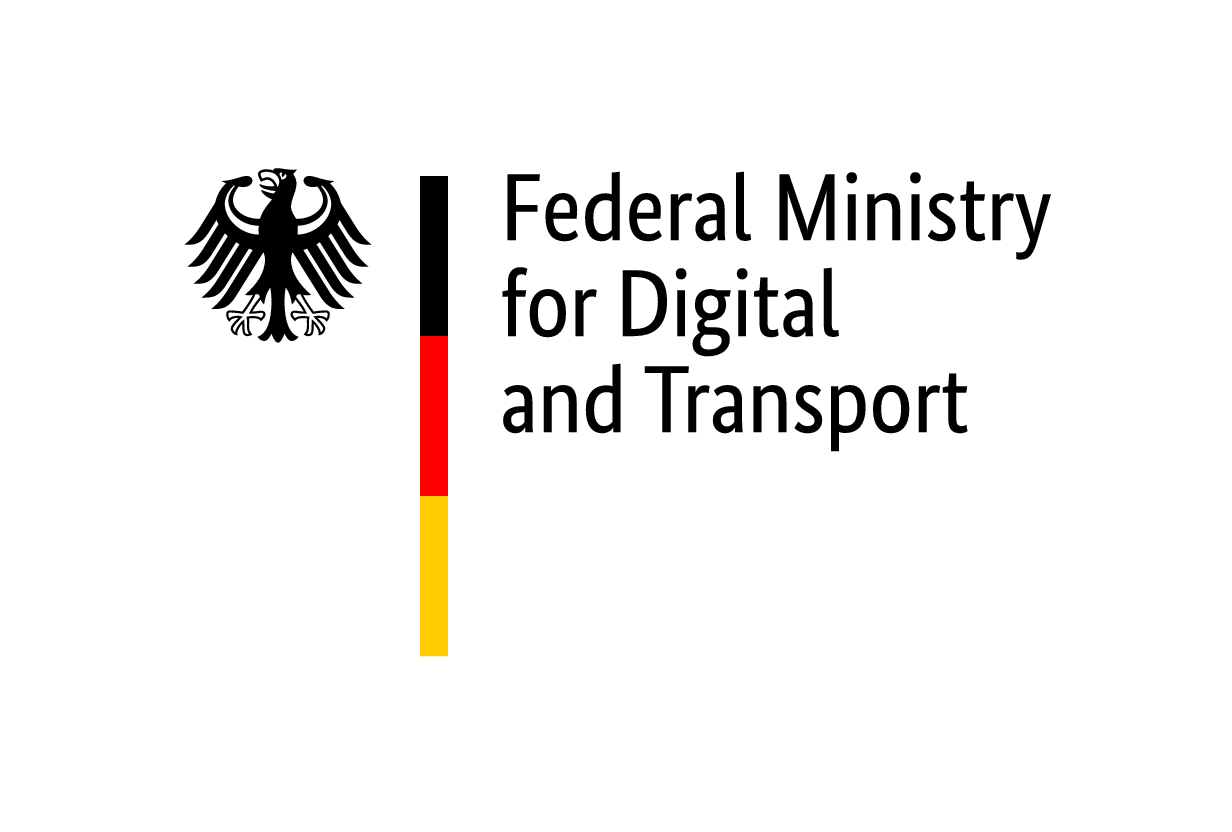
The Federal Ministry for Digital and Transport is pressing ahead with the digital transformation and the roll-out of digital infrastructure. Our aim is to take Germany to the digital future and make it fit to master the upcoming challenges. At the same time, we want mobility to be climate neutral. Combating climate change must be considered an all-embracing and cross-sectoral task. We need a strong railway sector, climate neutral heavy goods vehicles, ships and aircraft, attractive and safe cycle paths and footways. As regards passenger cars, it is quite clear that we must advance the changeover to climate neutral mobility. A modern and reliable infrastructure is the basis for social inclusion and prosperity, both in cities and in rural areas, thus creating more opportunities and enabling progress.
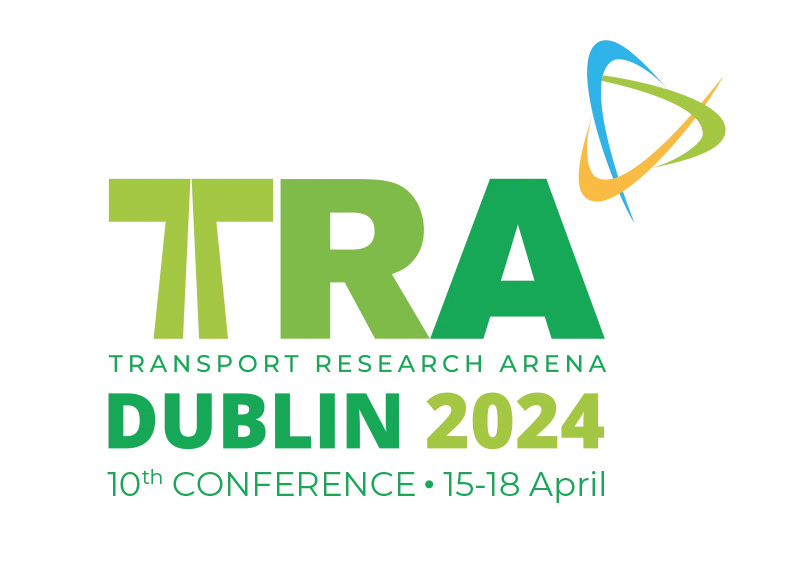
In 2024, TRA takes place in Dublin, Ireland from the 15th – 18th of April. The theme for TRA2024 is “Transport Transitions: Advancing Sustainable and Inclusive Mobility”.
TRA, the Transport Research Arena covers all transport modes and all aspects of mobility. It offers a great venue for government bodies, researcher providers and industry representatives to get together and contribute to the discussion on how research and innovation can reshape the transport and mobility system. The conference provides a unique opportunity to hear about mobility trends in different parts of Europe, learn from achievements in the industry as well as share best practices.
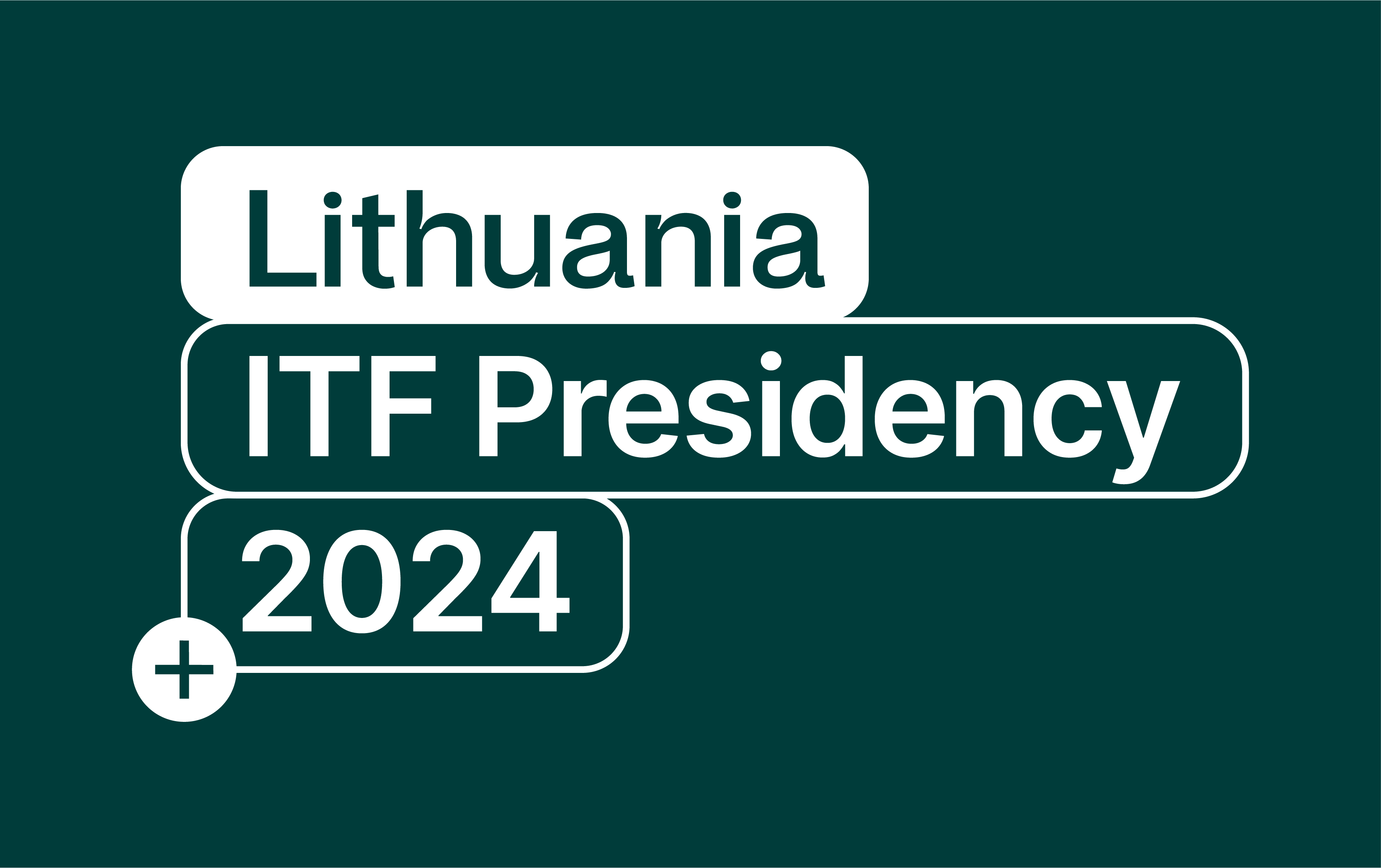
Modern transportation and communication technologies are essential to the economic vitality, environmental stability, and quality of life for all Lithuanians.
The Lithuanian Ministry of Transportation and Communication is a forward-thinking leader, delivering innovative mobility and communication projects that drive Lithuania into the future. Whether you walk, drive, bicycle, or use public transportation, our goal is to deliver transportation connections that are safe, convenient, and environmentally friendly.
As you move throughout Lithuania, you will be connected to the fastest telecommunication network powered by state-of-the-art 5G technology. Freedom to move is the vision for our ministry and our commitment to Lithuania.
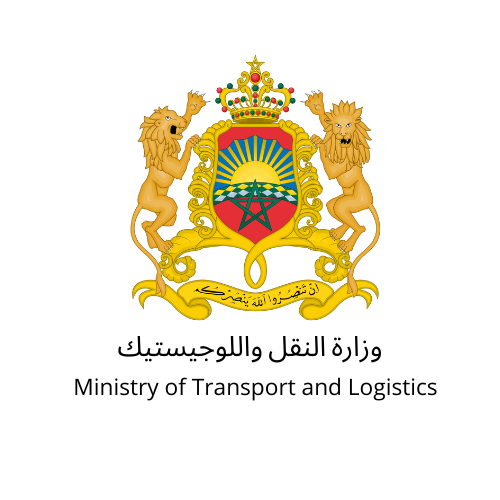
The Ministry of Transport and Logistics (MTL) is the Department of the Government of Morocco responsible for the design and implementation of government policy in the fields of transport and logistics.
MTL has set a number of missions which consist in the elaboration and coordination of the implementation of the strategic vision of Morocco in terms of development of the road, rail, maritime and air transport sectors, in addition to the implementation and monitoring of the national strategy of road safety. The MTL also deals with the implementation and execution of the policy of development of logistics activities.

The UK Department for Transport (DfT) stand will embody this year’s Summit theme of Transport Enabling Sustainable Economies, presenting innovative case studies, and engaging talks and spotlight sessions throughout the day to demonstrate how the UK is helping the world bring this important priority into being.
You will have the opportunity to learn about the UK’s 5 Presidency campaigns; Connected Transport, Greener Transport, Innovative Transport, Safe and Resilient Transport and Inclusive Transport, and see innovative new technologies developed through the UK’s Transport Research and Innovation Grant (TRIG) programmes, with a focus on accessibility and sustainability in keeping with this year’s summit theme Transport Enabling Sustainable Economies.
You will also have the opportunity to meet SMEs and UK Government officials at the stand to discuss the themes and network and explore the exciting opportunities that working with the UK Government and British companies can bring.
Please do look out for the programme of spotlight sessions and we look forward to seeing you at the UK stand!
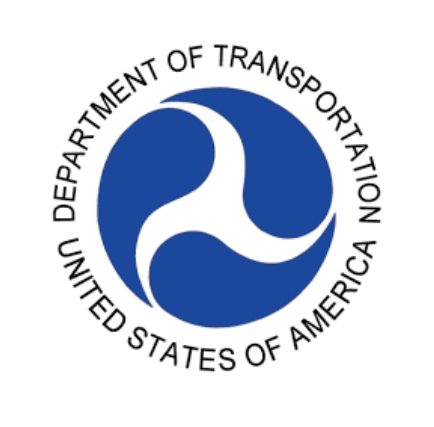
The U.S. Department of Transportation (DOT) serves the United States by fostering a safe, efficient, modern, sustainable, and equitable transportation system to improve the quality of life for all American people and communities, from rural to urban. DOT also works with international partners to foster international trade and co-operation, and to improve the safety, connectivity, and resiliency of global transportation systems.
Securing Future Mobility
AUTOCRYPT is an automotive cybersecurity and connected mobility solutions provider, specialising in the development and integration of security software and processes for in-vehicle systems, V2X communications, Plug&Charge, and fleet management.
AUTOCRYPT’s mobility solutions encompass service planning, development, maintenance, and optimisation of MaaS platforms for ridesharing, demand-responsive transport, multi-modal transport, and accessible transport. The company also develops EV information sharing platforms and charger management systems.
Established in 2019 after spinning off from Penta Security Systems, AUTOCRYPT brings more than two decades of cybersecurity innovations to the automotive and mobility environment. With industry-leading data encryption and user authentication technologies, AUTOCRYPT’s goal is to ensure that vehicles and road users can benefit from the convenience of a secure and connected mobility ecosystem.
AUTOCRYPT’s cybersecurity offerings help OEMs and Tier 1 suppliers secure all stages of the vehicle lifecycle, from design and manufacturing to consumption and disposal. It is one of the first companies in the industry to integrate trusted execution environments (TEE) to automotive systems, for which it received ASPICE CL2 certification.
AUTOCRYPT’s mobility platform development solution, AutoCrypt MOVE, gives businesses, NGOs, and municipal governments the opportunity to build mobility services from the group up – customized for the customers they want to serve, and tailored to their local market needs. AUTOCRYPT is a key enabler for private ventures and public transit operators to enter the MaaS market.
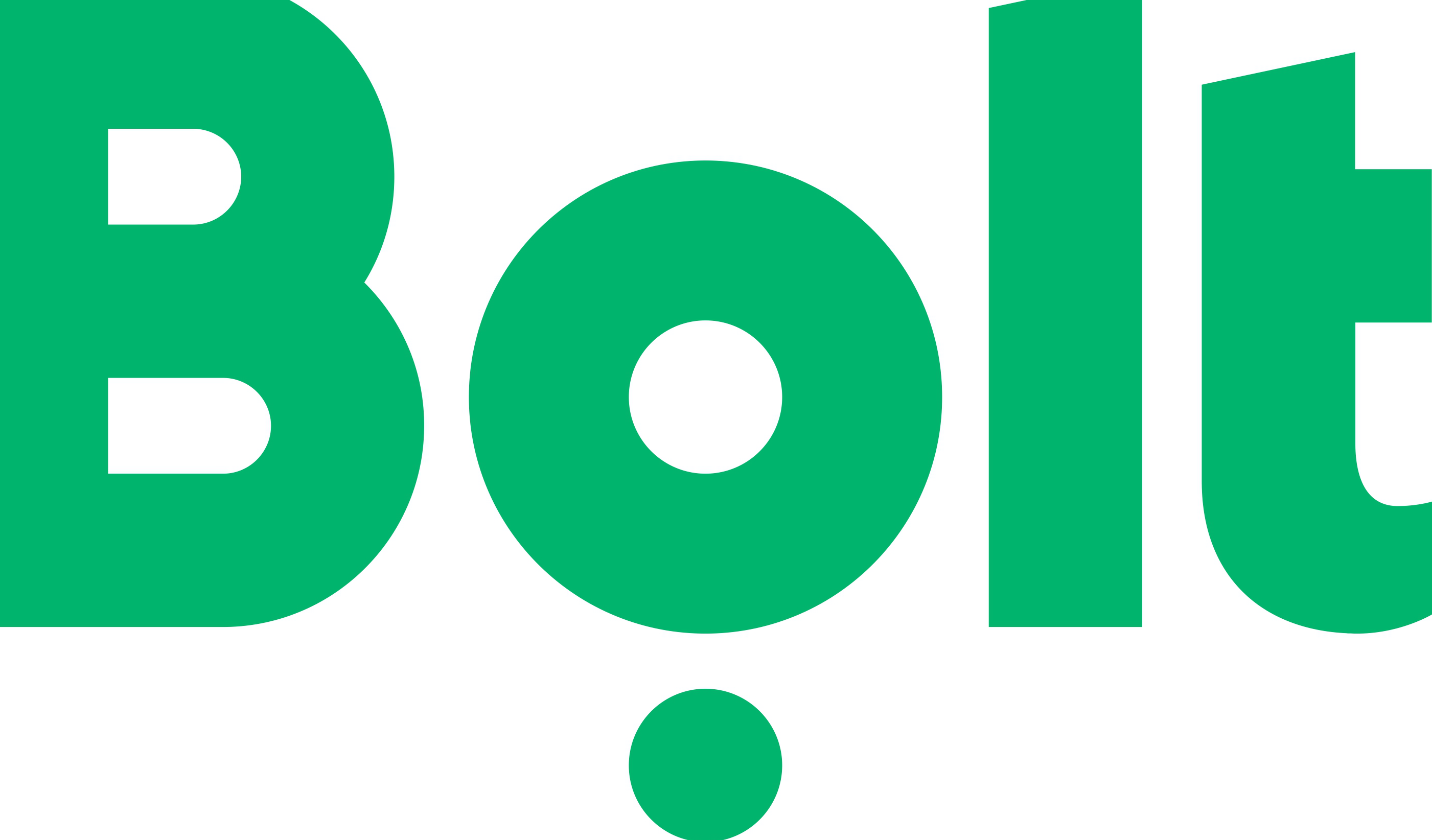
Bolt is the European super-app that has 100 million customers in 45 countries and over 400 cities across Europe and Africa. The company seeks to accelerate the transition from owned cars to shared mobility, offering better alternatives for every use case, including ride-hailing, shared cars and scooters, and food and grocery delivery.


The Economic Development Office of the City of Leipzig represents its Cluster Logistics together with:
Tri5G is the innovative research project about 5G-based services of Leipzig University, the Innovation Center Computer Assisted Surgery (ICCAS) and companies such as DHL, BMW, the Leipzig-Halle Airport, Leipzig Transport Authority (LVB), TU Dresden, Leipzig University of Applied Sciences (HTWK), AIN (Advancing Individual Networks GmbH) or start up Kopernikus.
Webfleet, part of Bridgestone Mobility Solutions, is one of the world’s leading providers of telematics solutions for fleet management, vehicle telematics and connected vehicle services.
The Economic Development Office of the City of Leipzig offers assistance for investors in Germany: fast, straightforward support for investment and relocation projects.
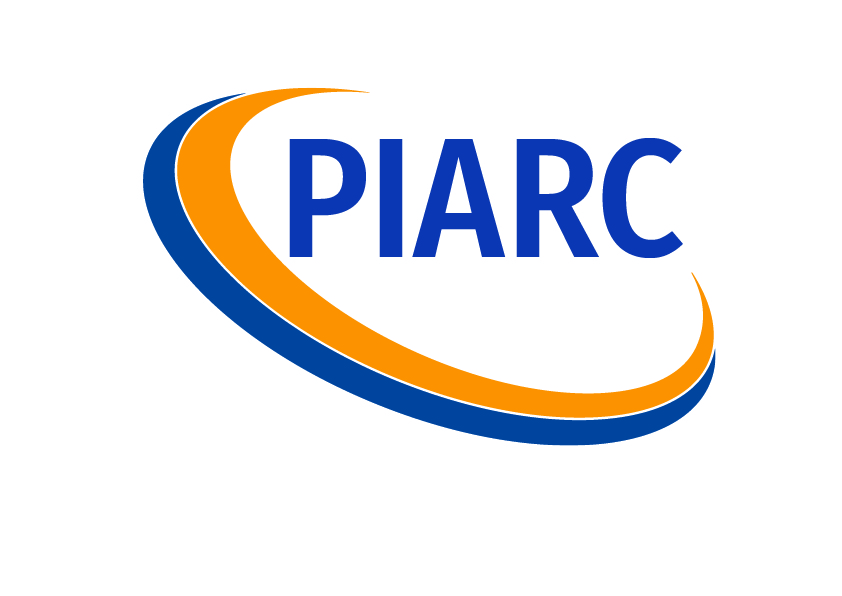
PIARC, founded in 1909 and comprising more than 120 member governments from all over the world, is the global forum for exchange of knowledge and experience on roads and road transport policies and practices.
With consultative status to the Economic and Social Council of the United Nations, the Association is contributing to a stable and sustainable global development of the road and transport sector.
A World Road Congress is organised every four years and gathers Ministers, decision-makers and thousands of experts to discuss the current challenges faced by the road sector, innovative approaches and best practices. The 27th edition will be held in Prague (Czech Republic) in October 2023. It will host about 50 sessions, a major exhibition, technical visits and a social program. The next XVII World Winter Service and Road Resilience Congress will be held in 2026 in Chambéry (France).
With knowledge sharing as its primary goal, the Association coordinates Technical Committees and Task Forces which undertake studies, share experience and promote best practices in a broad range of areas of interest to the road and transport sector. An international seminar program is offered to low- and middle-income countries in support of sharing knowledge with high-income countries.
The outputs of these groups are a large number of reports, easily downloaded through the online knowledge base at our website.

REN21 is the only global renewable energy community of actors from science, governments, NGOs and industry. Collectively, this community of change works together to drive the deep transformations needed to make renewables the norm. We provide up-to-date and peer-reviewed facts, figures and analysis of global developments in technology, policies and markets. We use this knowledge to drive dialogue and debate around renewable energy uptake. Our communications campaigns work to change the how we talk about renewables and make clear their role in creating equitable, thriving communities.

Transport enabling sustainable economy – this year’s motto of the ITF Summit is aimed at a number of important, current issues in Saxony’s transport sector. Sustainable economy means considering all branches, all areas of society in context. The challenges – not only in environmental protection – are enormous. The different conditions in cities and rural areas require different and at the same time closely networked transport systems. What they all have in common is the challenge of minimizing greenhouse gases, i.e. getting away from fossil fuels. Solutions are being researched across all areas of traffic with the help of digital test fields. The Saxon state government supports many projects in this area.
At the Summit, among other things, the Smart Rail Connectivity Campus will be presenting elements of the Annaberg-Buchholz-Schwarzenberg railway test track. In order to make rail traffic more effective, 5G-supported control systems for trains are being developed here.
Flexible and user-friendly operating concepts for public transport in rural areas are being developed in Zwönitz, Ore Mountains. Innovative fuel cell technology is being developed at the Fraunhofer Institute in Saxony.
Sustainability is environmental protection, but goes far beyond that. It also means economical use of resources for our children and grandchildren, fair globalization, social development, education and culture. Saxony is being a co-designer and pioneer here.
Find out more: Saxony. Where the future grows. Be part of it.

With overhead contact lines, trucks can be supplied with electric energy while driving. This dynamic charging makes economical road freight without GHG or exhaust emissions possible by using less energy, resources, and time. The technology already exists and is ready to be scaled up globally based on established supply chains. This makes dynamic charging via overhead contact lines an indispensable part of the climate action toolbox.
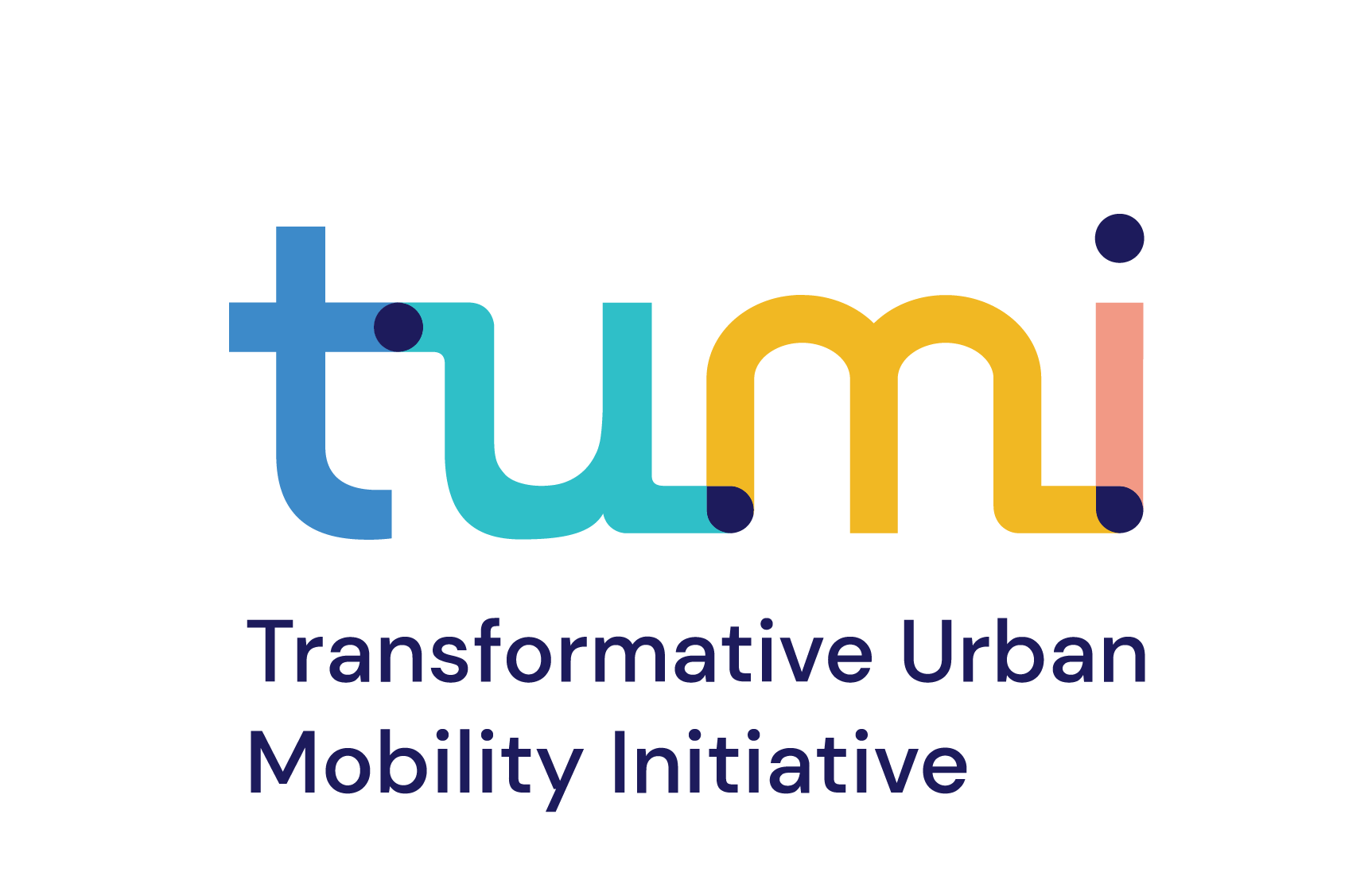
TUMI is implemented by GIZ and funded by the German Federal Ministry for Economic Cooperation and Development (BMZ). TUMI is the leading global implementation initiative on sustainable mobility, formed through the union of 11 prestigious partners. Our vision are thriving cities with enhanced economic, social and environmental performances in line with the New Urban Agenda, the Agenda 2030 and the Paris Agreement. We support transport projects all around the world and enable policy makers to transform urban mobility by sharing knowledge with planners about modern mobility concepts and investing in the construction and modernization of sustainable urban infrastructure. We believe in sustainable mobility for a better future.
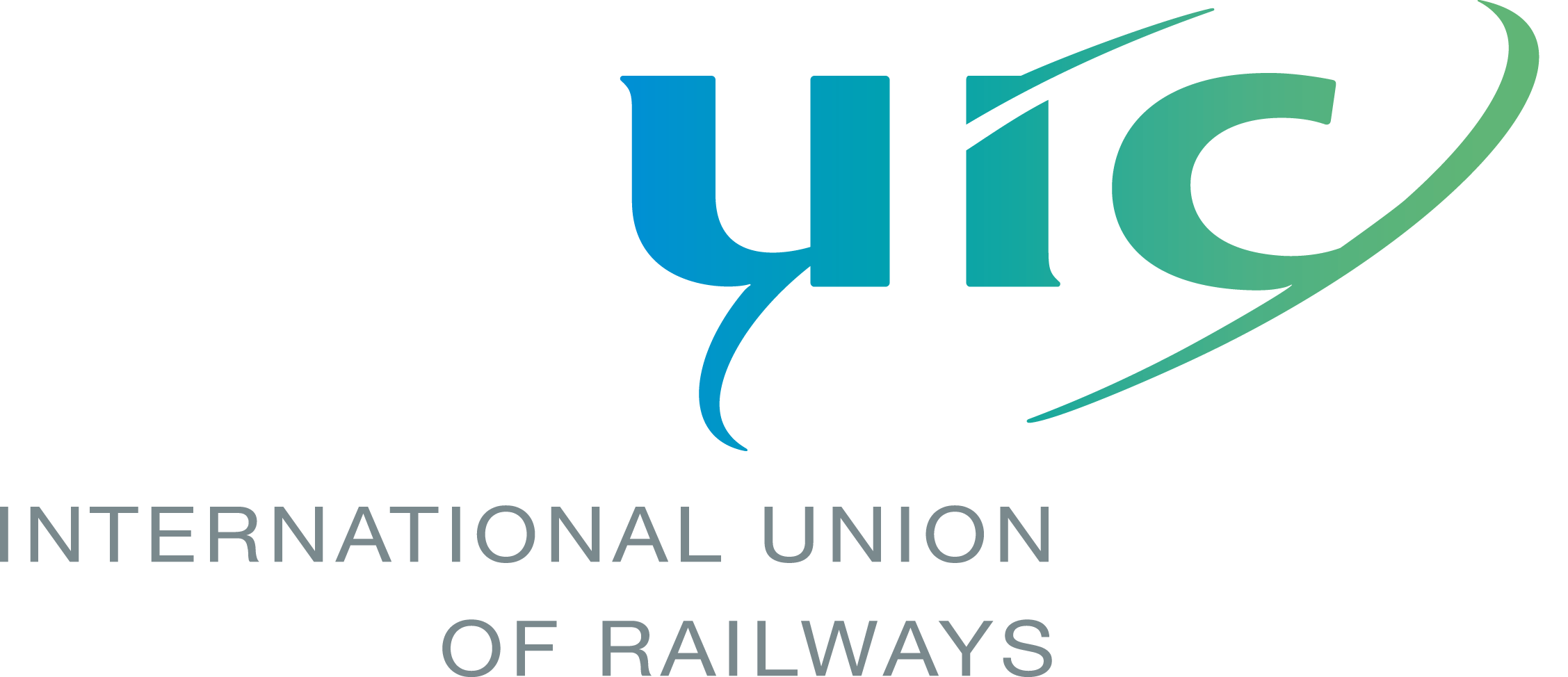
UIC is the worldwide organisation for the promotion of rail transport at a global level and collaborative development of the railway system. It brings together some 200 members on all 5 continents, among them rail operators, infrastructure managers, railway service providers, etc.
UIC maintains close cooperation links with all actors in the rail transport domain around the world, including manufacturers, railway associations, public authorities and stakeholders in other domains and sectors whose experiences may be beneficial to rail development.
UIC’s main tasks include understanding the business needs of the rail community, developing innovation programmes to identify solutions to those needs, as well as preparing and publishing a series of documents such as reports, specifications, guidelines and IRS that facilitate the implementation of the innovative solutions.